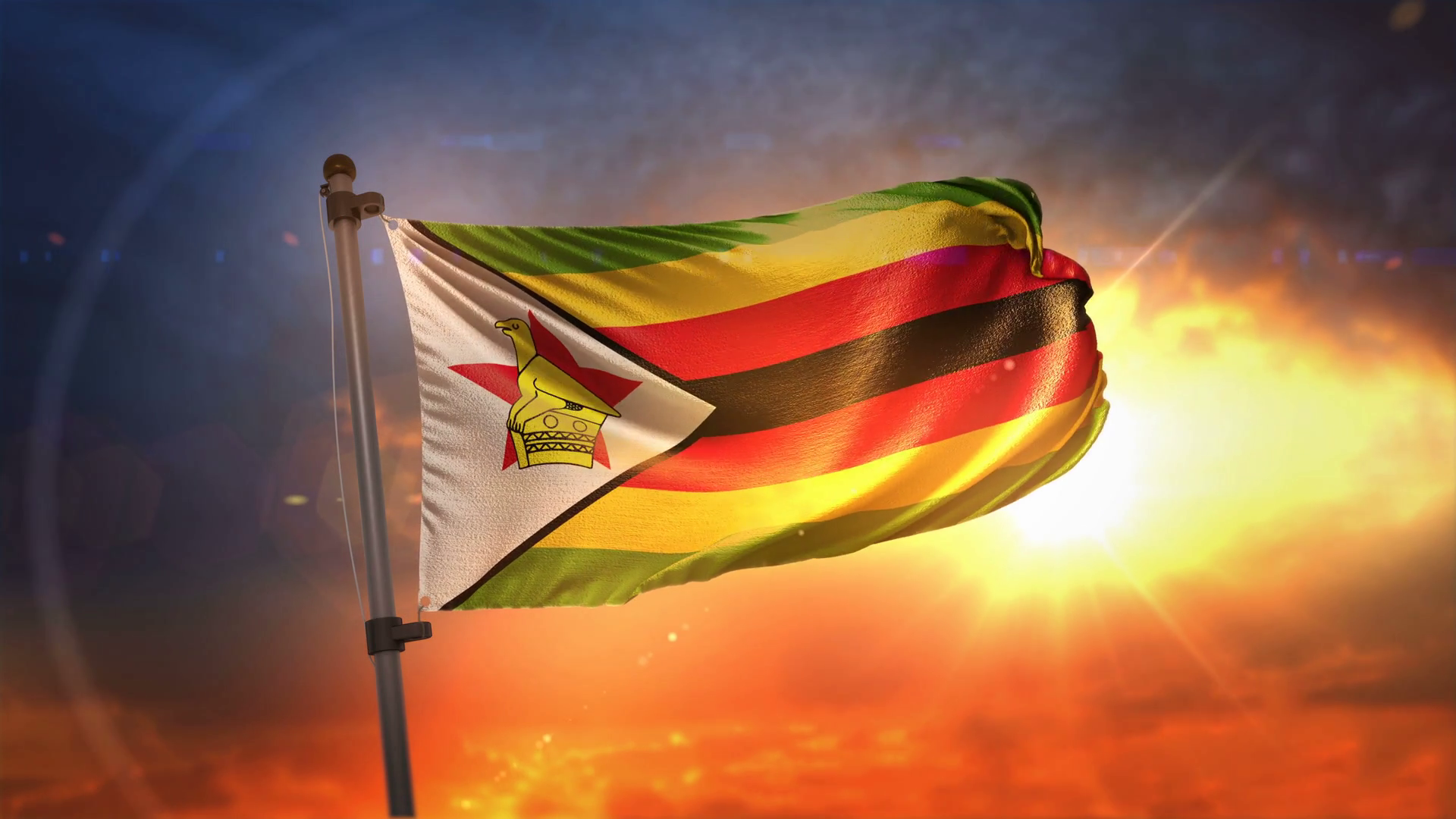LET’S face it: Zimbabwe’s political transition — from dictatorship to democracy — is stalling and increasingly failing. President Emmerson Mnangagwa’s project now faces grim prospects, just 17 months after he seized power through a military coup.
The window of opportunity presented by the coup which toppled former president Robert Mugabe is fast closing. And with it a golden opportunity is being squandered. There is still room, however, to rescue the situation, but that time has got be to be now before it is too late.
But then again, there is nothing surprising; at least among those who are reasonably informed and realistic about political transitions. This was largely predictable. We did point out repeatedly on these pages that the motives behind the coup, the transitional arrangement and the direction, were wrong from the start. The problem was worsened by failure to fulfil expectations, improve the economy and governance.
Unless these fundamentals are put right first, there won’t be any meaningful change, except for the worse. This has been our narrative and advice from day one.
Many times we did refer to transitions in countries like Egypt and others in relation to Zimbabwe. Of late to Algeria and Sudan.
Lessons from the Arab Spring — a series of anti-government protests, uprisings and armed rebellions that spread across North Africa and the Middle East — are instructive.
The experience from Tahrir Square is particularly telling.
Seven years ago, mass protests swept Egyptian autocrat Hosni Mubarak — interestingly one of Mugabe’s dictatorial associates — from power. Most local and foreign observers, as well as analysts believed Egypt was on the path to democratic change.
I remember attending a media indaba in Tunis, Tunisia, in 2012, a year after the Arab Spring, with political scholars and media moguls where the issue was topical. There was palpable enthusiasm that Tunisia, Egypt and other countries had embarked on an irreversible trail to democracy.
However, some specialists warned the processes would be complicated and could even stall or unravel.
No sooner had Mubarak been overthrown than the election of Mohamed Morsi and the Muslim Brotherhood’s Freedom and Justice Party led to polarisation and violence.
Two years down the line, in 2013, after more rolling mass protests, General Abdel Fattah el-Sisi seized power in a coup. Since then, el-Sisi’s regime has killed civilians, imprisoned thousands more, and cracked down on media and civil society.
So in some cases, authoritarian consolidation instead of democratic transition takes hold.
Past experiences offer some insights into this.
Apart from Egypt and North African countries, there are good examples of relatively successful political transitions elsewhere in Africa, from Nigeria, Ghana, across to Ethiopia and Kenya, down to Zambia and Malawi.
Transitions have surged after the fall of the Berlin Wall in 1989, reaching a high-water mark a few years before the turn of the millennium with dramatic changes in Eastern Europe and then later colour revolutions.
But some fragile transitions stall, or slide backwards. Zimbabwe’s transition also faces the risk of stalling and failing.
The hard truth is transition from authoritarianism to democracy is notoriously difficult. History suggests transitions toward genuine substantive democracy characterised by democratic rule, free and fair elections, and strong protection of minority, civil and political liberties, as well as economic prosperity are slow.
A book by American authors, Pathways to Freedom: Political and Economic Lessons From Democratic Transitions, explores the structural factors and policy choices that shape transitions — some successful, others not.
No matter what the initial starting point of a country’s transition, both qualitative and quantitative research highlight the need for leaders and policy-makers to make smart choices and compromises in three critical areas: Delivering on expectations of change; governance and the economy.
This is where the Mnangagwa regime has failed so far. They did not make smart choices. So Zimbabwe’s transition is going to be a protracted and bumpy ride.






